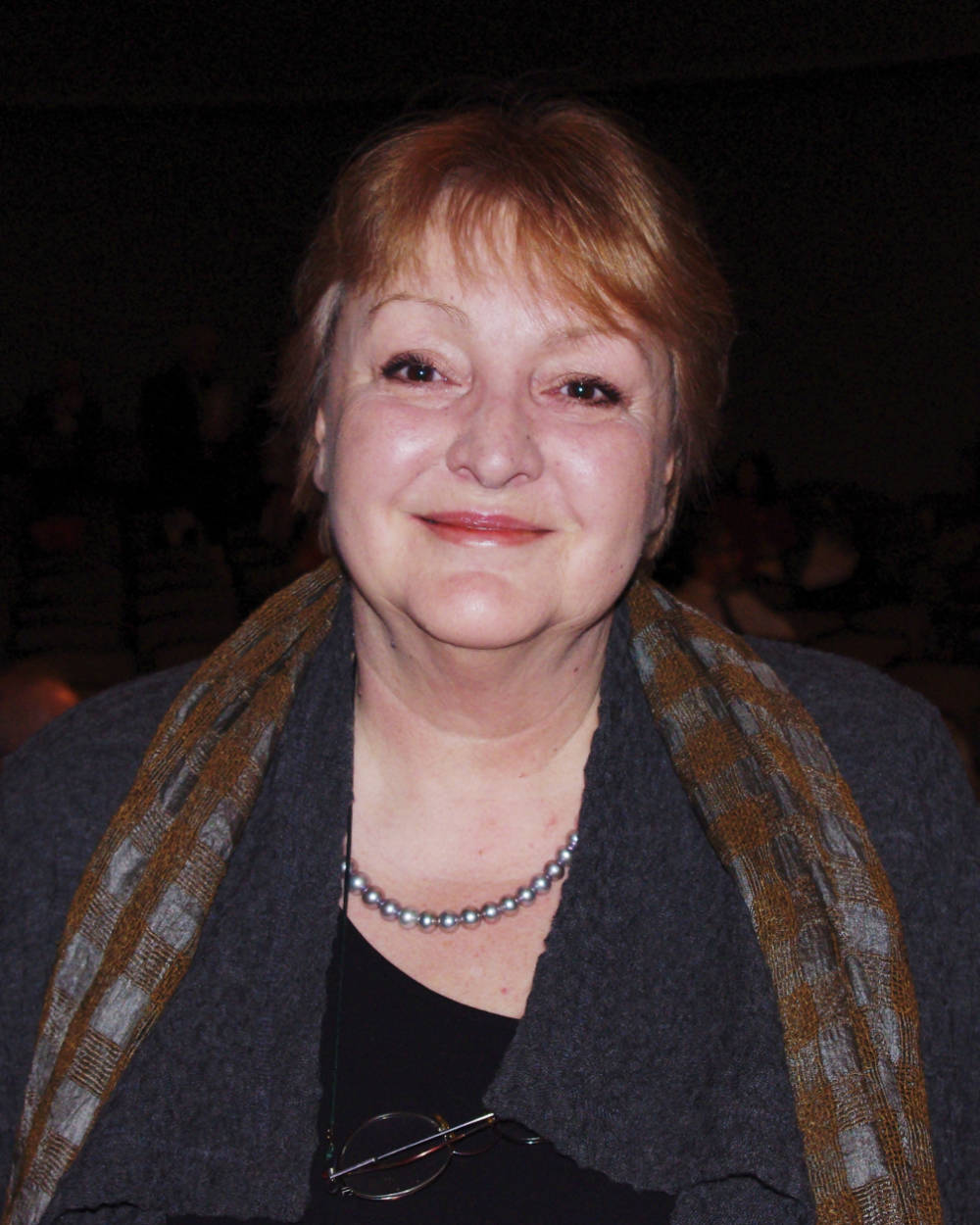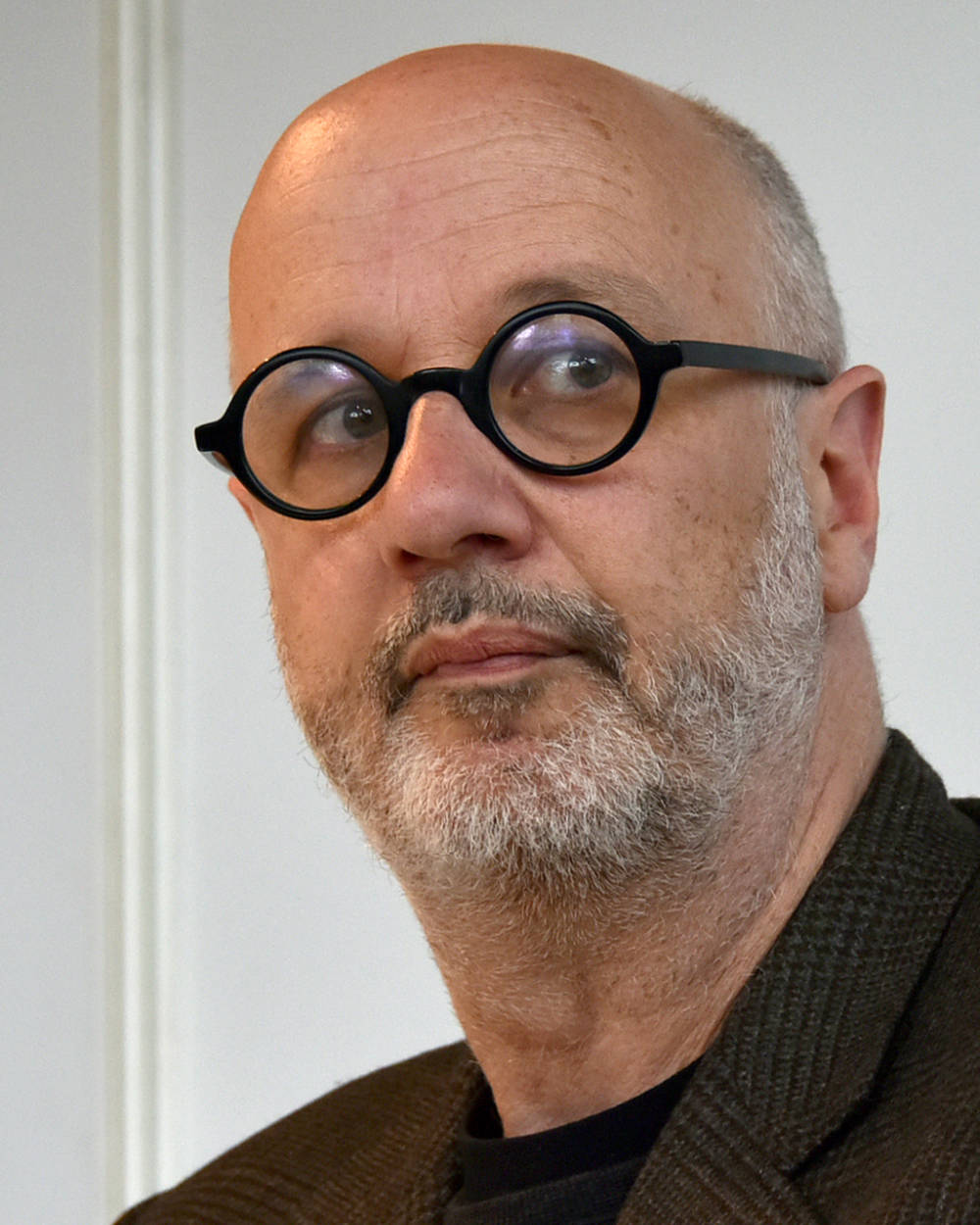Two Open Letter books nominated by National Book Critics Circle
Rochester’s literary translation press edited and published two of the longlisted books for the organization’s 2024 Barrios Book in Translation Prize.
Keep your fingers crossed: Two books, edited and published by Open Letter, the nonprofit, literary translation press at the University of Rochester, have made it onto the longlist for the 2024 Barrios Book in Translation Prize. The honor is awarded annually by the National Book Critics Circle.
Melvill (Open Letter, October 2024) by Rodrigo Fresán, a work of fiction translated from Spanish by Will Vanderhyden ’13 (MA), and the nonfiction book Muzzle for Witches (Open Letter, September 2024) by the late Dubravka Ugresic, translated from Croatian by Ellen Elias-Bursać, both made in onto the so-called longlist, which comprises a select group of only 12 books. The winner will be announced around March 21 of next year.
Chad Post, who heads up Open Letter, is pleased about snagging two nominations this year—understandably so: The University’s translation press, while small, boasts a surprisingly large number of winning books and authors, among them Nobel Prize winner Jon Fosse (2023) and National Book Award–winning translator Elisa Shua Dusapin (2021).
A Rochester home for (most of) Ugresic’s translated oeuvre

“I published Dubravka first in 2003 with Thank You for Not Reading at Dalkey,” says Post, who also manages the editorial activities at Dalkey Archive Press. Over the course of the next twenty years, the two—author and publisher—became good friends. Incidentally, her book Nobody’s Home was the first book Open Letter ever published.
Subsequently, Open Letter became the home for all of Ugresic’s works—past and future, except for three that are still under copyright with other presses. All told, Ugresic has penned more than a dozen books, including Karaoke Culture (Open Letter, 2011), which was a finalist for the 2011 National Book Critics Circle Award for criticism.
Politics, of course, has a way of seeping into the lives of authors and their literature. In 1991, when war broke out in the former Yugoslavia, Ugresic took a firm anti-nationalistic stand for which she was vilified in the Croation press, proclaimed a “traitor,” a “public enemy,” and a “witch.” As a result, she left Croatia in 1993 for the Netherlands, where she died in 2023, but not without using the experience for her latest book, published in translation posthumously.
The careful reader may have noticed that the National Book Critics Circle’s nomination announcement had two accents on Ugresic’s name, spelling it Ugrešić. Yet all her Open Letter covers omit the accents.
“As Dubravka said many times, ‘I don’t care how my name is pronounced and I don’t want all those little guys scaring off readers,’” Post recalls the author’s relaxed attitude vis-à-vis her name.
Rochester-trained alumnus nabs translation nomination

The second nominated work, Melvill, has not one but two Rochester connections: Open Letter is its publisher and Vanderhyden, the translator, is an alumnus of the University’s master of arts in literary translation program.
It’s precisely the work of literary translators that render international literature accessible to a wider audience. When selecting a foreign author to be published in translation, several factors come into play, according to Post. Just as important as the literary quality of the work itself is the translator attached to a particular book or author.
Post’s work almost always has a personal dimension. He taught (budding translator) Vanderhyden in two of his classes at Rochester—Introduction to Literary Publishing and Translation and World Literature. And while Post had met Fresán years ago, it was only when Vanderhyden promoted the author in one of his classes that Post started paying closer attention.
Vanderhyde’s interest in Fresán was serendipitous at first. Back in 2010, his brother had given him a copy of Kensington Gardens, Fresán’s only novel in English up until that point. Vanderhyden loved the book and felt a strong affinity for its references and style—a kind of synthesis of his own reading interests. The timing proved fortuitous, coinciding with his growing interest in translation.

“When I learned that none of his other books had been translated into English, I decided to take a stab at translating him myself,” says Vanderhyden. A couple of years later, after earning his master’s in literary translation studies at Rochester, he pitched his translation of The Bottom of the Sky to Post, which would become the 100th title translated by Open Letter.
Today the three of them are friends and Open Letter publishes now all of Fresán’s translated works—six to date.
In fact, Vanderhyden and Fresán have worked together on every one of his translated books. “We’re all a team,” says Post emphatically. “I would never ask anyone else to translate Fresán, and Rodrigo wouldn’t have it any other way.”
In Melvill (the author added the “e” later), Fresán writes about American novelist Herman Melville (1819–1891), best known for his 1851 epic novel Moby-Dick. Fresán’s approach is a work of fiction—an invented biography, a gothic novel of sorts, populated by ghosts. Open Letter bills it as “an evocation of a filial love,” containing “all the talent, humor, and immense culture found in the other great works from one of Spanish literature’s most ambitious writers.”
Open Letter’s podcast Two Month Review featured Vanderhyden chatting about translating Fresán’s style. More episodes about the book can be found online at Three Percent, a resource for international literature at the University of Rochester.
“Sussing out and recreating the underlying patterns” that make a writer’s style come alive in English are probably the biggest general challenges for a translator, according to Vanderhyden.
When it comes to Fresán, Vanderhyden is “pretty familiar with his style” and has a level of comfort and confidence with translating it. “But tracking down his incessant literary and pop culture references and recreating his ludic sensibility—his sense of humor, his tireless wordplay—in English are and will always be particularly challenging aspects of translating his work,” Vanderhyden says.
A challenge Venderhyden readily accepts—and that the National Book Critics Circle clearly noticed. We’ll know more come March. Until then, fingers crossed, tightly please.













